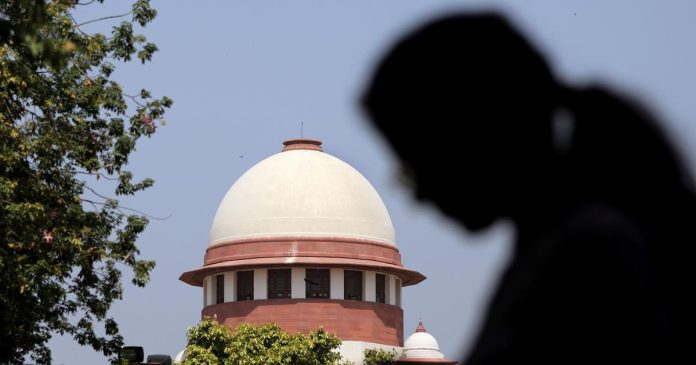New Delhi: The Supreme Court has raised a critical question while hearing petitions against anti-conversion laws enforced in multiple states. The bench led by Chief Justice B.R. Gavai asked who has the authority to decide whether a religious conversion is deceitful, particularly in cases linked to interfaith marriages.
The court was hearing a plea filed by advocate Ashwini Upadhyay, who has sought a ban on conversions through fraud, force, or inducement. In response, senior advocate C.U. Singh, representing NGO Citizens for Justice and Peace, argued that several states including Uttar Pradesh, Uttarakhand, Gujarat, and Madhya Pradesh have enacted laws that describe themselves as Freedom of Religion Acts but instead operate as anti-conversion measures.
Singh warned that these laws have become increasingly harsh, with punishments ranging from a minimum of 20 years to life imprisonment. He pointed out that recent amendments empower third parties to file criminal complaints against couples in interfaith marriages. He also highlighted that the burden of proof lies on the convert to establish that the decision was voluntary, a provision he said undermines constitutional freedoms.
The Chief Justice reminded the petitioner that the role of the court is to examine the constitutionality of laws, not to make them. The bench also noted concerns that these legislations risk infringing on the right to freedom of conscience under Article 25 of the Constitution.
The matter has been posted for hearing after six weeks, when the court will consider requests to stay the implementation of these laws.




